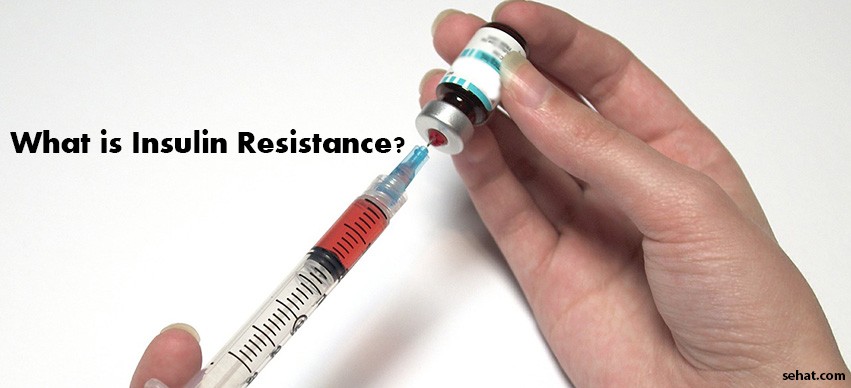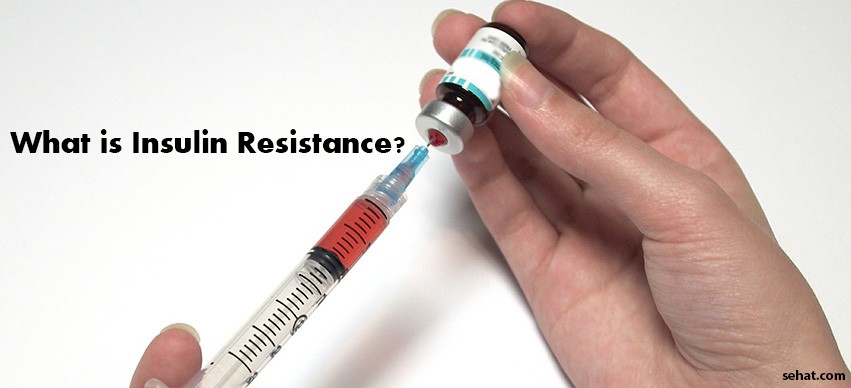Nanoparticle Therapy – An Emerging Cancer Treatment
5 Min Read


In recent years, there has been an increase in the number of cases diagnosed with Insulin Resistance. The results of cultivating this are quite scary. We aim at imparting more understanding about this situation. To start with the very basic, insulin is the hormone produced by the beta cells in pancreas. These insulin producing cells are spread all over the organ in clusters. They release this hormone into the blood thereby playing a critical role in regulating the metabolic activity and keeping the system healthy. In fact, Insulin is very critical in the body’s use and absorption of glucose for higher energy levels.
IR as it is commonly referred in the medical circles refers to a disorder whereby the cells of the body become resistant to the insulin and its effects. This translates to improper functioning of the metabolic activities that are regulated by this hormone. This process lays heavy stress on Pancreas to produce more insulin to meet the basic requirements of the body. When this organ slows down in efficiency due to stress, the blood sugar level rises and risks to heart and life follow. Diabetes results as an offspring of this condition.
There are several body and lifestyle behaviors that cause IR. Genetic factors also play a pivotal role in passing this from generation to generation. The following are usually associated with IR cases,
A certified medical practitioner can determine your current or potential risk to exposure. The process is fairly simple in that a physical examination for symptoms is followed by tests. Usually, blood glucose levels prior to fasting and blood insulin levels reveal to a large extent, the risk of IR.
There are two ways of solving this problem,
The body need for insulin can be decreased by making alterations to one’s diet, particularly the amount of carbohydrate content in the diet. Some form of carbs break down easily while the others take time. The speed of this process determines the levels of rapid sugar levels in the blood. Food items like white bread and potato have carbs that break down faster while brown rice and other starch rich products slow the process. One should consult a doctor to build a chart of good combination so that the body is under no duress to produce high levels of insulin.
Decreasing cell resistance requires medication. To start with, basic physical exercise is a must to get the body regulate the circulatory and nervous systems. A qualified doctor would prescribe medicines that will work on the body’s resistance towards this important hormone.
Over the last few years, the amount of research undertaken in this area produced breakthrough medicines and cures.
Sehat provides list of best Diabetes Treatment Doctors in Chennai from which you can research and choose the right doctor for your condition.